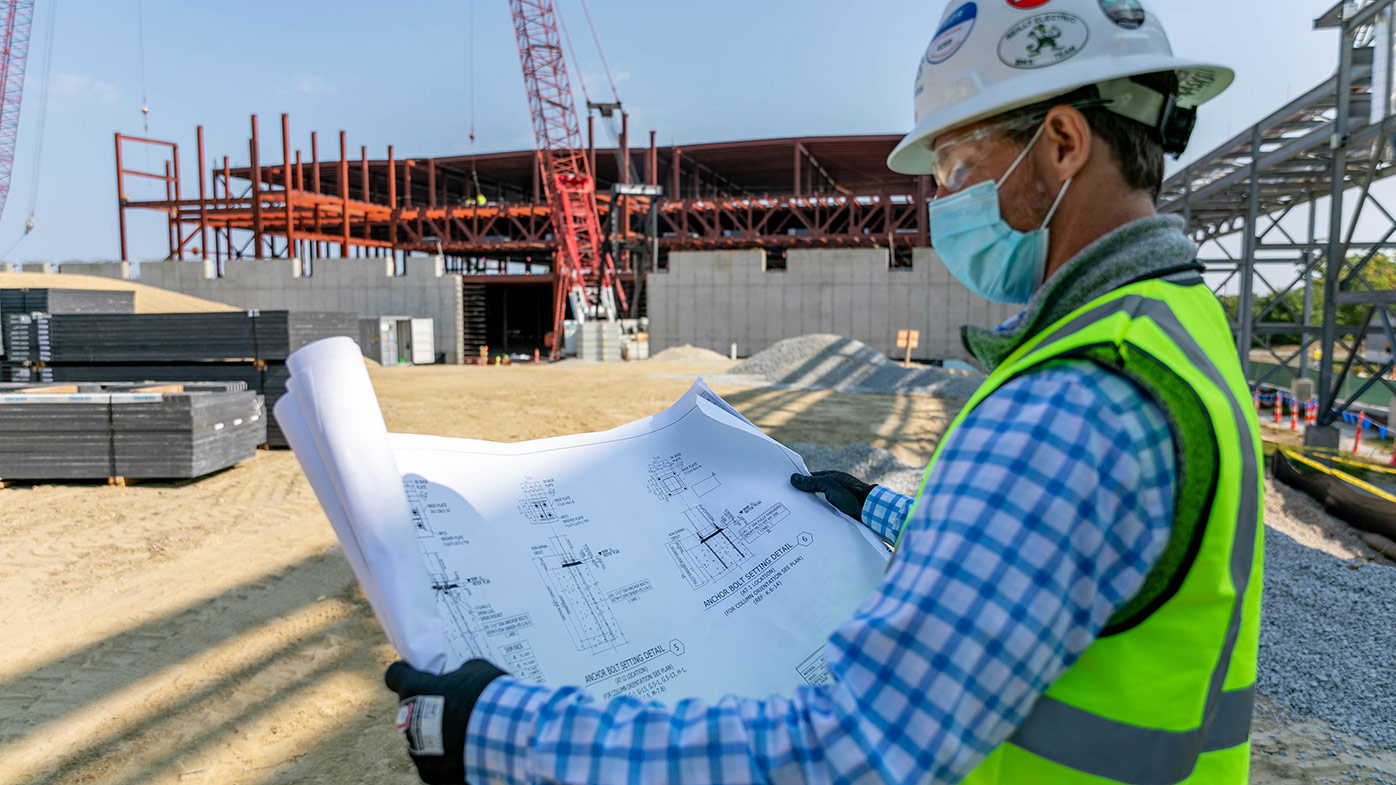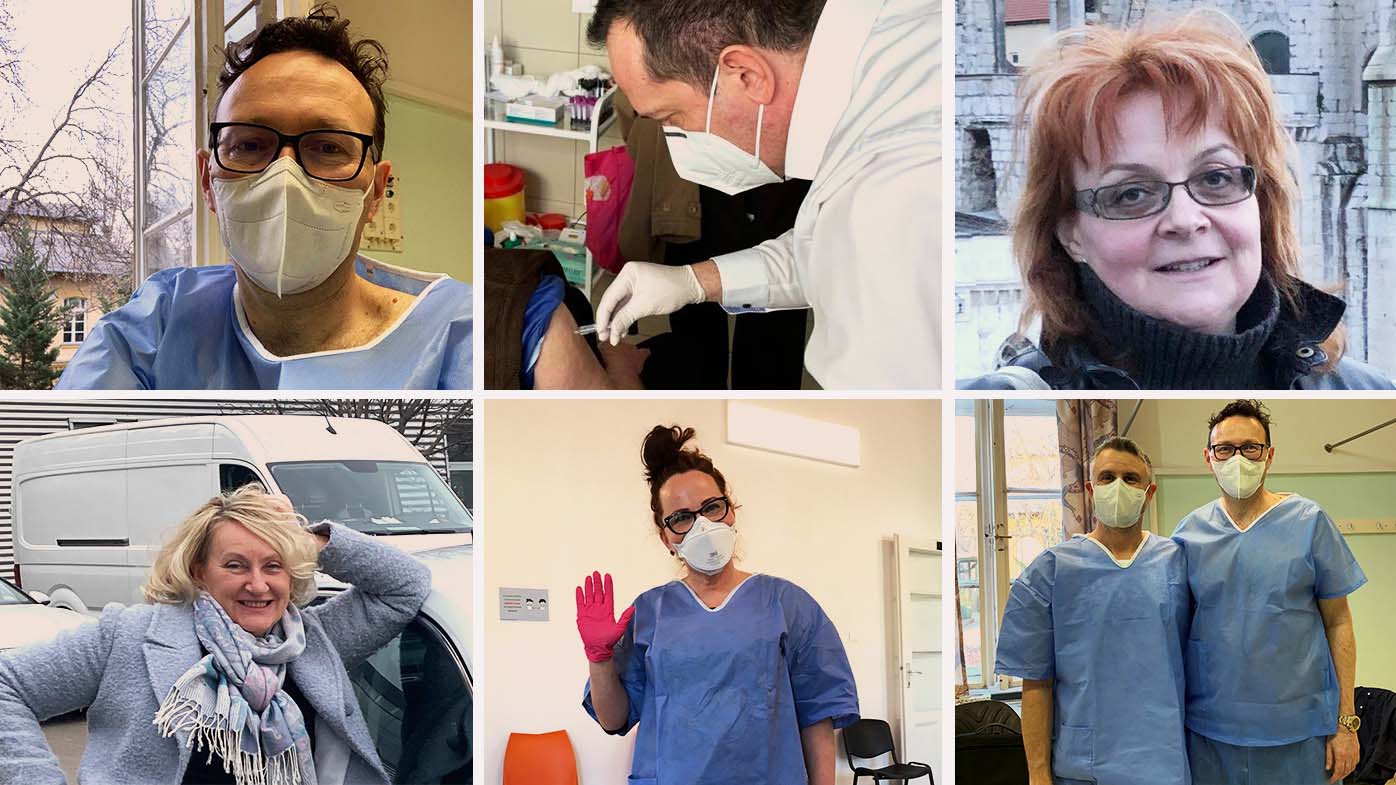What do people need to know about managing a global supply chain during a pandemic?
It goes without saying that being prepared and ready for potential crises is key. Because our top priority is to serve our patients, we have existing business continuity plans inclusive of safety stock and mitigation plans that have been in place for many years. Those plans enabled us to act quickly. During normal business operations and certainly throughout a crisis, including the pandemic, we diligently monitor manufacturing and supply facilities across the globe and implement proactive measures to ensure patients are able to receive the medicines they rely on.
In the case of the pandemic, staying well-connected across the globe was critical. Having global partners who understand our company, products and patients made a difference in our ability to maintain quality, stability and security. Being flexible and agile in our supply chain and pandemic response greatly depended on these relationships.
We also put a daily “war room” in place in early February which kept us on top of the latest intel globally — like supply lane restrictions, demand variability, modified supply plans, freight capacity and routes. We kept supplies moving to where they were needed most to support our patients.
What were the greatest challenges that you faced during COVID to ensure that patients continued to receive their medicines?
An important element of keeping our promise to patients, their families and our healthcare providers is to ensure that our supply chain continues to deliver our medicines without interruption. The speed and evolution at which the pandemic spread brought a great deal of uncertainty and many challenges.
We faced these challenges through collaboration and daily discussions, not only with our partners, but also within our own internal BMS CERT (crisis event response team). While many workers around the world turned to remote work, we had a unique situation in that many of our employees remained on-site to ensure the continuous development and supply of life-saving drugs. Our core principles have been two-fold, keep employees safe and ensure compliant supply continuity.
From a supply perspective, we effectively managed the highly dynamic and unpredictable global border restrictions at the initial peak. The team leveraged prior business continuity management planning to increase safety stock levels and manage stockpiling in the markets. Clinical supply chain teams pushed inventory closer to patients in the regional depots. Supply chain and procurement teams worked closely to negotiate multiple transportation lanes resulting in no "last-mile" disruptions. The teams are prepped for the second wave and have increased stocks, where possible.
Thanks to these efforts, we have not seen any disruption in our clinical or commercial supply chains due to the pandemic.
How is your team managing through the challenges COVID presents?
I am proud to have a team as strong as ours. As we have managed through the initial peak of the pandemic, it was imperative that our functions re-prioritized to ensure supply continuity to ensure no disruptions to patients while also managing the impacts of the pandemic in their personal lives. We actively postponed certain projects to allow the team time to adjust.
Being able to pull away from our usual responsibilities and empowering everyone to represent their functional areas was key. A core task force was assembled to focus on addressing the new challenges brought on by the pandemic, allowing other team members to remain focused on their usual responsibilities. Leveraging the company’s global network, with coverage across time zones, allowed for quick intel gathering and information sharing to identify and address issues as they arose.
The pandemic also reminded us that we have an obligation. There was a feeling of belonging to something for the greater good of our patients, and our partner providers took pride in knowing they were each doing what they could to help reach patients.
How has COVID changed the way BMS is thinking about its supply chain for the future?
COVID-19 has shown the industry that a successful global supply chain takes a collective effort. Local knowledge is critical to understanding a situation and cultivating those relationships will be even more important in the future because it gives increased access to data, insight into events and protocols in that market, and enables faster decision making.
We have also taken the opportunity to revisit our business continuity principles to meet new requirements of our business. COVID-19 has shown us that we need to manage future constraints on certain supplies, in this case, supplies resulting from the COVID-19 vaccines race. In particular, we are partnering with our global procurement team as they are leading an effort to ensure we have robust risk assessments across our suppliers and contract development and manufacturing organizations.
We know that we have a good fundamental supply chain and have seen that it works even under extreme disruption, but we can always improve. I’m confident that we will emerge even stronger from what we learned in the pandemic.


